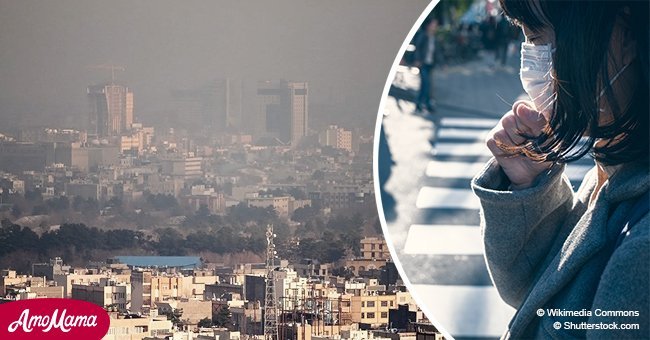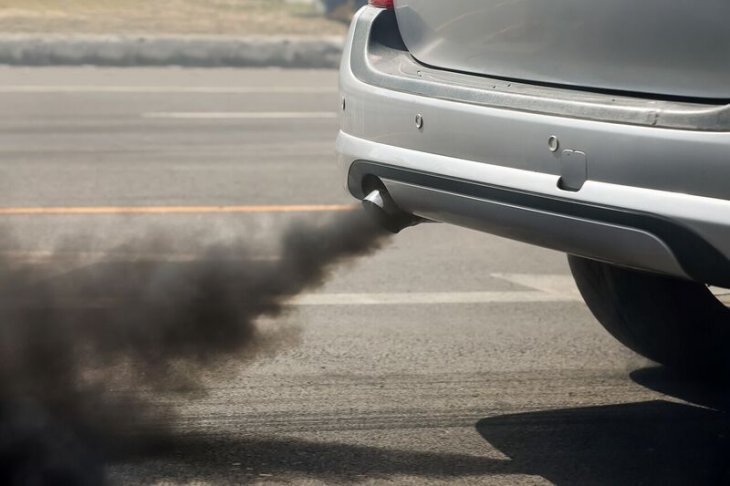
Air pollution is shortening your life and has harmful effects on the brain that worsen over time
A recent study showed that air pollution has a devastating effect on our bodies and our cognitive performance.
According to the Proceedings of the National Academy of Sciences of the USA (PNAS), a study was done in China to determine the long-term effect of exposure to pollution.
The adverse effect on our bodies was studied over a period of four years with more than 20,000 men, women, and children partaking in the survey.
It is relevant on a global scale as the majority of the world's population live in areas where the levels of air pollution make breathing unsafe.
Read more on our Twitter account @amomama_usa.
INCREASED RISK OF DEVELOPING DEMENTIA
They found that the risk of developing Alzheimer's and other forms of dementia increased when pollution was added into the equation.
When it comes to air pollution, the statistics are a significant cause for concern as approximately ninety percent of the global population breathe polluted air.
In 2016, air pollution caused the deaths of 4.2 million people, while Indian cities are at the top of the most polluted list.

Source: Shutterstock
THE IMPACTS ON COGNITIVE PERFORMANCE
Researchers learned that air pollution also plays a huge part in how their test subject scored on verbal and math tests.
Pollution affected verbal scores to a larger extent and by extension affected women more than men. This is because the parts of the brain associated with verbal skills are better developed in women.
The decline in cognition also increases with age, and the impact it has on the elderly in turn leads to increased health and economic costs.
As a global society, we've been making progress in the field of life expectancy, and the damaging effects of air pollution undercut the advancement we've made over the past six decades.
DRIVING THE POINT HOME
If these damaging effects can be reversed, education can be improved on a global scale.
The changes also start with us, by understanding the effects of pollution and changing our lifestyles accordingly.
Members from several sectors of society will meet in San Francisco, California in September for the Global Climate Change Action Summit.
The key topics of the discussion will be healthy energy systems, inclusive economic growth, sustainable communities, land and ocean stewardship, and transformative climate investments.
The summit will also address the challenges faced in the fight against climate change and the ways that each of us can take action.
An art installation in the shape of a beached whale in the Philipines made headlines recently, and it showed the devastating effects that pollution has on the environment.
The "whale" was made from plastic bottles, bags, and other types of garbage to make the point clear: We are all responsible.
